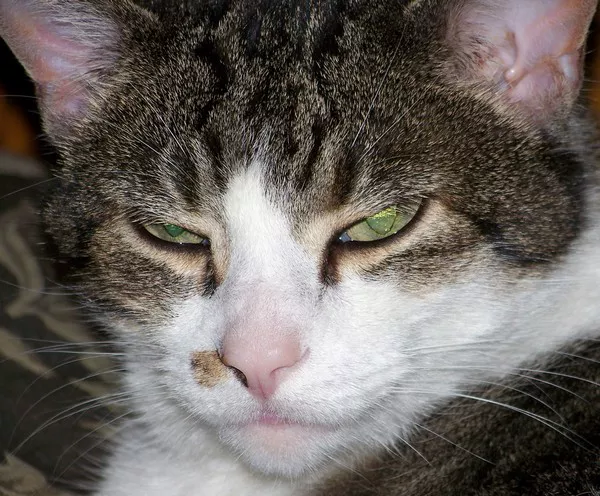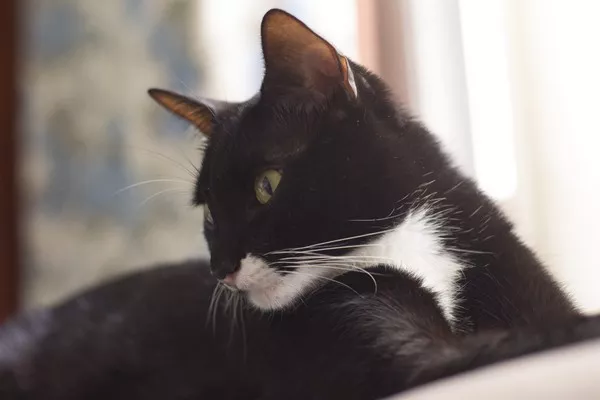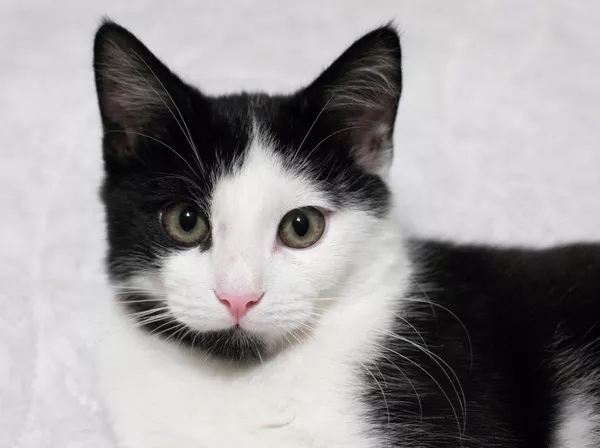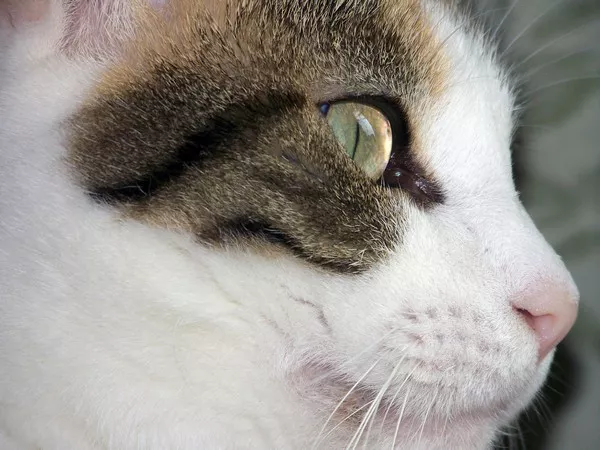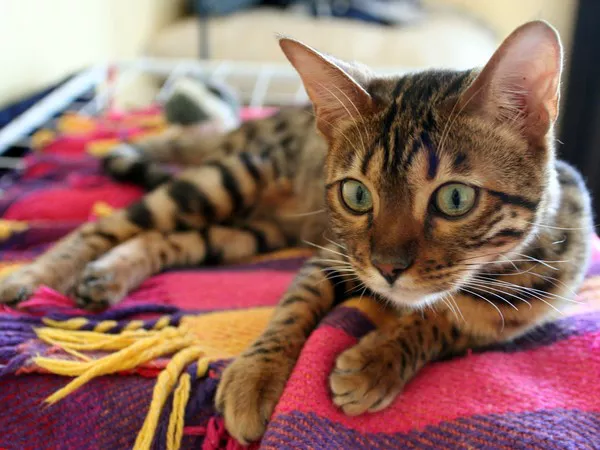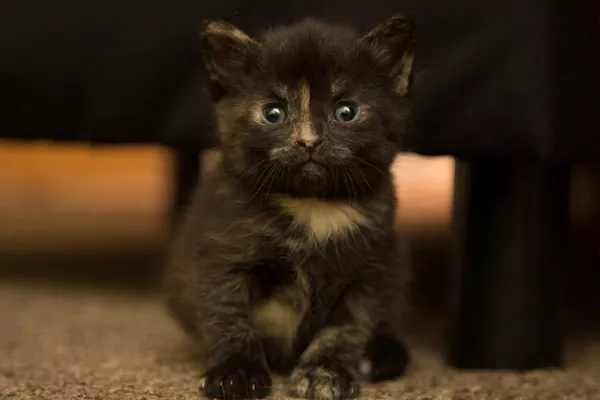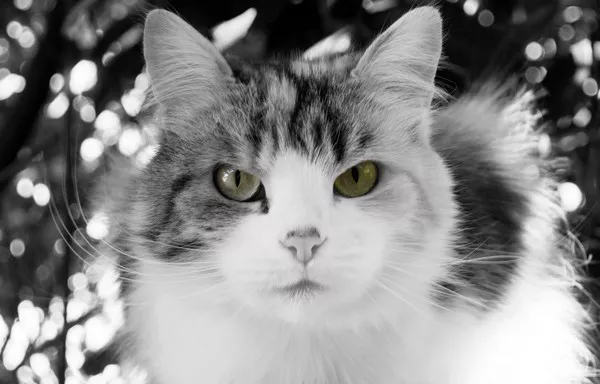When it comes to feeding our feline companions, the choice of cat food can significantly impact their health and well-being. Among the many brands available, Sheba cat food has gained popularity for its variety and convenience. However, pet owners often find themselves questioning whether this brand is truly healthy for their cats. This article delves into the nutritional profile, ingredient quality, feeding guidelines, and overall health implications of Sheba cat food, providing a comprehensive overview for cat owners.
Nutritional Profile of Sheba Cat Food
Sheba offers a range of wet cat food products, primarily designed to meet the dietary needs of adult cats. The nutritional profile of Sheba cat food varies by product line, but generally, it includes key components that are essential for feline health:
Protein Content: Cats are obligate carnivores, meaning they require a diet high in animal protein. Sheba cat food typically features real meat or fish as the primary ingredient, which is crucial for muscle development and overall health. The protein content in Sheba products usually exceeds 10%, making it a suitable choice for maintaining a cat’s energy levels and supporting their natural instincts.
Moisture Levels: One of the significant benefits of feeding wet food like Sheba is its high moisture content. Cats often do not drink enough water, which can lead to urinary tract issues. The moisture in Sheba cat food helps keep cats hydrated, promoting healthy kidney function and reducing the risk of urinary problems.
Fat and Fiber: Sheba cat food contains a moderate amount of fat, which is necessary for energy and healthy skin and coat. The fiber content is relatively low, which is typical for wet cat foods. While cats do not require high fiber in their diets, some fiber can aid in digestion and help prevent hairballs.
Vitamins and Minerals: Sheba cat food is fortified with essential vitamins and minerals, including taurine, which is vital for heart health, vision, and reproductive function in cats. The inclusion of these nutrients supports overall health and helps prevent deficiencies.
Ingredient Quality
The quality of ingredients in cat food is a crucial factor in determining its health benefits. Sheba cat food has undergone scrutiny regarding its ingredient sourcing and formulation:
Named Protein Sources: Sheba emphasizes the use of named animal proteins, such as chicken, beef, and fish, in its formulations. This transparency is essential, as it allows pet owners to understand what their cats are consuming. Unlike some brands that use vague terms like “meat byproducts,” Sheba’s commitment to named sources can be reassuring for cat owners.
Grain-Free Options: Many Sheba products are grain-free, which aligns with the dietary needs of cats. While some cats can tolerate grains, a grain-free diet is often recommended for those with sensitivities or allergies. The absence of grains can also help reduce the risk of obesity, as grain-based fillers can contribute to excess calories.
Sustainability Practices: Sheba has made efforts to source ingredients sustainably, particularly with its fish products. The brand claims to use 100% sustainably sourced fish, which not only benefits the environment but also ensures that the fish used in their recipes is of high quality.
Feeding Guidelines
Proper feeding practices are essential for maintaining a cat’s health. Sheba provides specific feeding guidelines based on a cat’s weight and life stage:
Daily Servings: The general recommendation for adult cats is to feed three to four servings per 5 pounds of their ideal body weight daily. This guideline helps ensure that cats receive adequate nutrition without overfeeding.
Kittens and Pregnant Cats: Kittens and pregnant or nursing cats require more food to support their growth and energy needs. Kittens may need four to seven servings per day, while pregnant or nursing cats should receive two to three times their normal amount.
Variety and Freshness: Sheba’s single-serving packaging allows for easy portion control and ensures that each meal is fresh. Cats often prefer variety in their diet, so mixing different flavors can keep mealtime exciting.
Health Implications of Feeding Sheba Cat Food
While Sheba cat food has several appealing features, it’s essential to consider how it aligns with your cat’s specific health needs:
Weight Management: Sheba’s formulations can be beneficial for cats that are picky eaters or require a more palatable option. However, it’s crucial to monitor portion sizes to prevent overfeeding, especially in less active cats. Obesity is a significant concern in felines, and maintaining a healthy weight is vital for preventing related health issues.
Digestive Health: Many cat owners report that their cats tolerate Sheba well, with minimal digestive issues. The high moisture content aids in digestion, and the quality protein sources can support gut heal each cat is unique, and some may have sensitivities to specific ingredients. Observing your cat’s reaction to Sheba is essential, especially if transitioning from another brand.
Age Considerations: Older cats, like the 18-year-old tabby mentioned in discussions, may benefit from the palatability of Sheba cat food, especially if they are experiencing weight loss or decreased appetite. While Sheba is not specifically formulated for senior cats, its high moisture and protein content can be advantageous for maintaining health in aging felines.
See Also: Is Fancy Feast Healthy for Cats?
Customer Feedback and Brand Reputation
Customer reviews and experiences play a significant role in assessing the overall quality of a cat food brand. Sheba has received a mix of feedback from pet owners:
Positive Experiences: Many cat owners report that their cats enjoy Sheba and thrive on it. The convenience of single-serving packages and the variety of flavors are frequently highlighted as significant advantages. Additionally, the absence of recalls in the brand’s history adds to its reputation for safety.
Concerns and Complaints: Some customers have raised concerns about quality control, citing instances of bad batches or packaging issues. While these experiences are not universal, they underscore the importance of monitoring the quality of any pet food product. Pet owners should always inspect food before feeding it to their cats.
Conclusion
Sheba cat food can be a healthy option for many cats, particularly those who are picky eaters or require a palatable wet food. Its high protein content, moisture levels, and commitment to quality ingredients make it suitable for maintaining feline health. However, as with any pet food, individual cats may have unique dietary needs and preferences. Pet owners should consider their cat’s specific health requirements, monitor their weight, and consult with a veterinarian if there are any concerns. Ultimately, Sheba can be part of a balanced diet, especially when combined with other high-quality foods, ensuring that our feline friends receive the nutrition they need to thrive.
Related Topics
The Best Wet Cat Food for Healthy Skin and Coat


